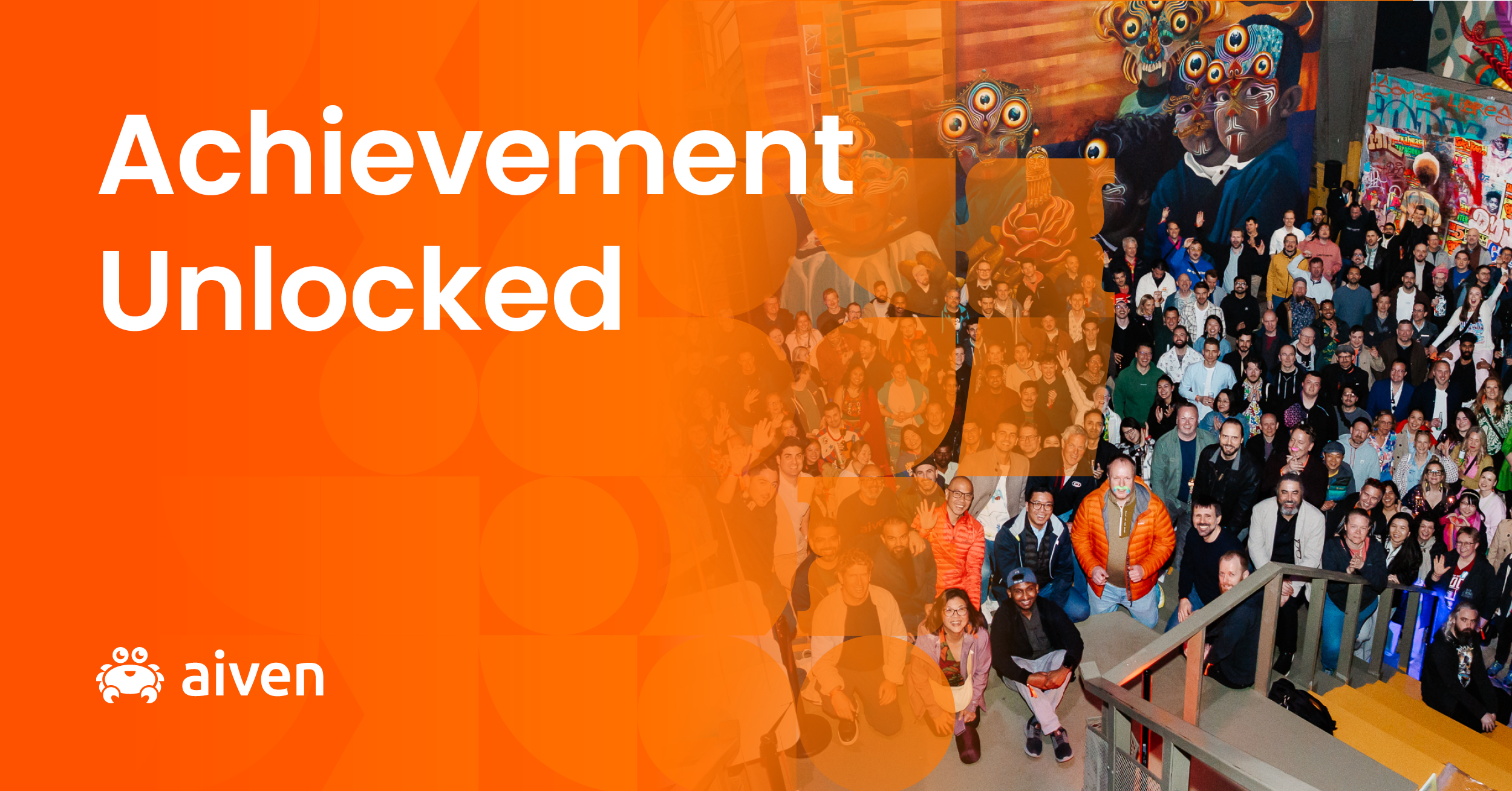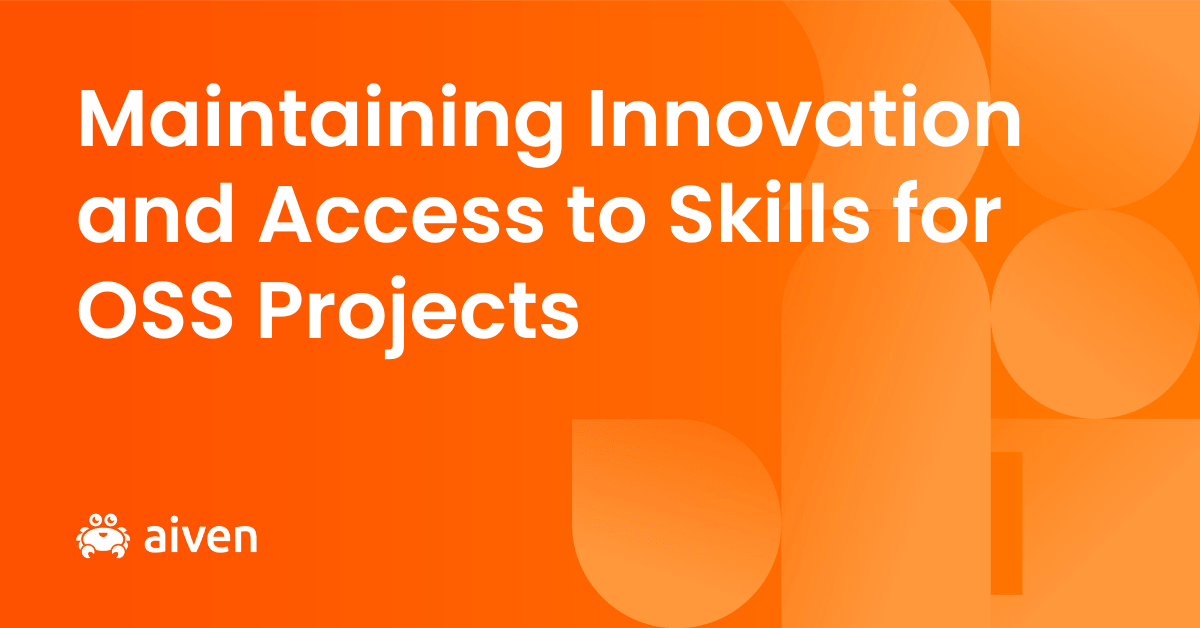Mar 14, 2024
The Coexistence of Open Source and Proprietary Software: Striking the Balance
Discover how to build a technology infrastructure to get the best of both open source and proprietary software
Oskari Saarenmaa
|RSS FeedChief Executive Officer at Aiven
The debate on the cohabitation of open source software (OSS) and proprietary software has persisted as long as both have existed. OSS, designed for unrestricted access and usage, and proprietary software, its opposite, have often been positioned as opponents in the technology arena.
However, the reality is far from this either/or dynamic. Nearly all companies, whether knowingly or not, utilize a blend of both OSS and proprietary software. In fact, it is estimated that up to 98% of codebases reportedly incorporate some form of OSS.
Despite these advancements in technology, awareness, and adoption, many businesses still struggle to build infrastructures that effectively harness the benefits of both.
Balancing Act: Unlocking OSS Potential
The decision between OSS and proprietary software holds significant importance, as it directly impacts business success. While both options have their merits and drawbacks, defaulting to proprietary software can stifle development, innovation, and progress - the very reasons OSS was initially developed.
Businesses often find themselves at a crossroads, unsure how to unlock the potential of OSS without compromising on the specialized (yet often costly) technical support from proprietary vendors.
Navigating Tensions
This dilemma stems from conflicting approaches. Businesses understand the importance of innovation for differentiation, yet they are wary of the perceived risks of deviating from the traditional path.
OSS developers have responded to this tension by creating projects that act as gateways to commercial adoption. These projects build awareness among a vast user base, with the hope that some will become paying customers. Additionally, OSS tends to be more accessible for learning due to shared resources within its community, unlike the often restrictive learning processes of proprietary software.
However, businesses sometimes only embrace OSS at a project level, hesitant to commit to broader usage. This tension between OSS and proprietary software is likely to persist unless there is a fundamental shift in approach.
The Role of Open Governance
Successful OSS projects often thrive under open governance, as seen in the Apache Software Foundation. This democratic approach allows for broader participation in a project's development and strategic direction, attracting developers and industry players alike.
The GitHub Open Source Guide provides a good summary of open governance. A framework that mirrors the decentralized nature of OSS can enhance its success and contribute to its growth alongside proprietary software at an enterprise level.
Addressing Freeloaders
Both OSS and proprietary software companies must shift their behavior for a more balanced ecosystem. OSS should establish effective governance models to prevent it from becoming inadvertently proprietary. Similarly, proprietary software companies should contribute back to OSS projects - a trend that is slowly gaining momentum according to our own research.
At Aiven, we recognize the importance of this balance, which is why we have a dedicated Open Source Program Office (OSPO). Beyond code contributions, the OSPO fosters engagement with the OSS community through documentation, feedback, and community activities.
The prevalence of "freeloaders," those who benefit from OSS without contributing, underscores the need for change. Businesses must invest in structures that enable their technologists to contribute back to OSS tools. Alternatively, partnering with organizations that ensure the sustainability of OSS projects is crucial for future-proofing their technology stack.
In conclusion, the coexistence of OSS and proprietary software presents both challenges and opportunities for businesses. Striking the right balance requires a shift in mindset and behavior from all stakeholders involved. Only then can we fully realize the potential of open source technologies in driving innovation and progress in the digital landscape.
Stay updated with Aiven
Subscribe for the latest news and insights on open source, Aiven offerings, and more.



